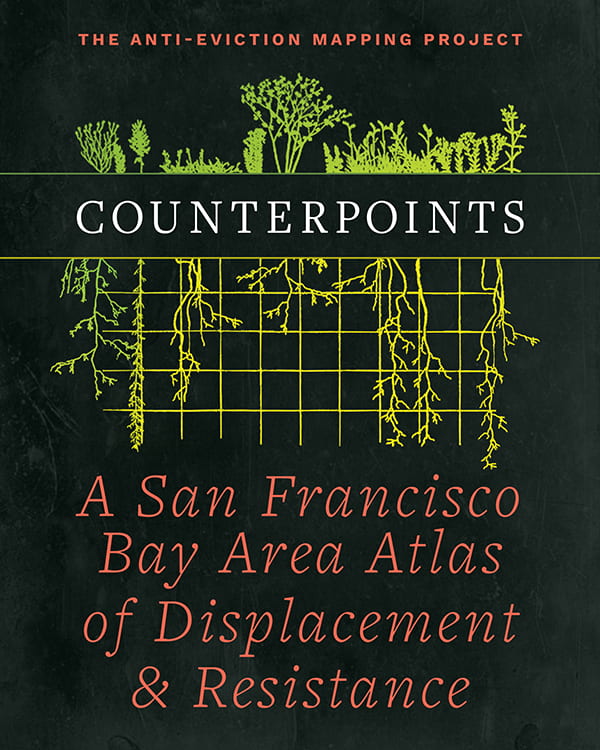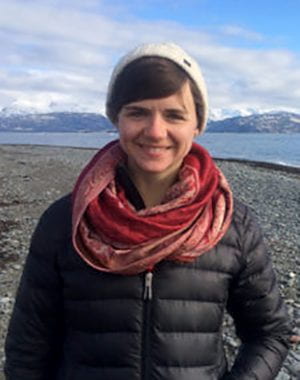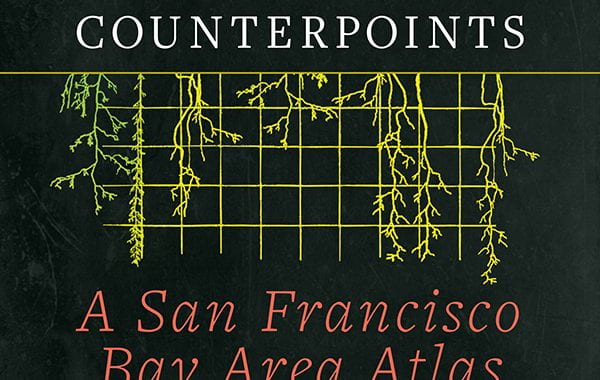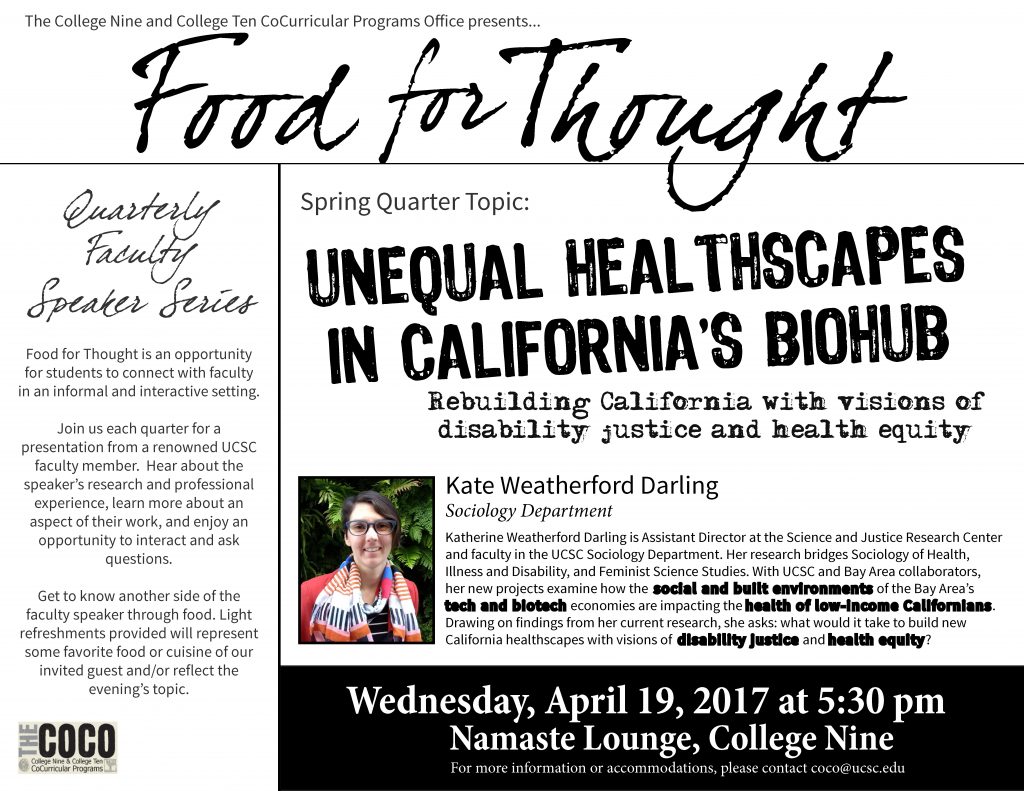About the Book

Book cover for Counterpoints: A San Francisco Bay Area Atlas of Displacement and Resistance (PM Press)
Counterpoints: A San Francisco Bay Area Atlas of Displacement and Resistance (PM Press, forthcoming) brings together cartography, essays, illustrations, poetry, and more in order to depict gentrification and resistance struggles from across the San Francisco Bay Area and act as a roadmap to counter-hegemonic knowledge making and activism. Compiled by the Anti-Eviction Mapping Project, each chapter reflects different frameworks for understanding the Bay Area’s ongoing urban upheaval, including: evictions and root shock, indigenous geographies, health and environmental racism, state violence, transportation and infrastructure, migration and relocation, and speculative futures.
By weaving these themes together, Counterpoints expands normative urban-studies framings of gentrification to consider more complex, regional, historically grounded, and entangled horizons for understanding the present. Understanding the tech boom and its effects means looking beyond San Francisco’s borders to consider the region as a socially, economically, and politically interconnected whole and reckoning with the area’s deep history of displacement, going back to its first moments of settler colonialism.
Counterpoints combines work from within the project with contributions from community partners, from longtime community members who have been fighting multiple waves of racial dispossession to elementary school youth envisioning decolonial futures. In this way, Counterpoints is a collaborative, co-created atlas aimed at expanding knowledge on displacement and resistance in the Bay Area with, rather than for or about, those most impacted.
Counterpoints includes a chapter from the SJRC Just Biomedicine research cluster on “Just Biomedicine on Third Street? Health and Wealth Inequities in SF’s Biotech Hub” as well as a visual summary and map from a large-scale study of the affordable housing crisis for Santa Cruz County tenants by the No Place Like Home initiative.
The book is available for preorder at PM Press.
About the campus contributors:
The Science & Justice Research Center’s Just Biomedicine research cluster, overseen by Sociology Professor Jenny Reardon, contributed a chapter titled: ‘Just Biomedicine on Third Street? Health and Wealth Inequities in San Francisco’s Biotech Hub.’ This chapter examines the different visions for health and healthcare that have been imagined and practiced along the Third Street corridor. At the north end stands Mission Bay, a newly revitalized neighborhood centered around UCSF’s biomedical campus and a biotechnology ecosystem. Just three miles south along Third Street, however, stands Bayview-Hunters Point, which remains one of the city’s most marginalized communities, home to a disproportionate disease burden and struggling public health clinics. This project brings into view for public discussion the effects of the resulting financial and ideological investments in an imagined “future of medicine,” and how they are changing the political landscapes, built environments, and health of Bay Area residents right now.
The No Place Like Home project overseen by Sociology Professors Steve McKay and Miriam Greenberg contributed a visual summary and map from their large-scale study of the affordable housing crisis for Santa Cruz County tenants. The map helps amplify how the uneven geography and demography of the county is reflected in (and by) inequalities on critical issues such as rent burden, over-crowding, and forced moves and evictions. The survey results also provide a springboard for the study’s wider discussion of local and regional policy options in addressing the housing crisis, particularly for renters.
About the editorial collective behind Counterpoints:
The Anti-Eviction Mapping Project (AEMP) is a data visualization, critical cartography, and multimedia storytelling collective that documents displacement and resistance struggles on gentrifying landscapes. With chapters in the San Francisco Bay Area, New York City, and Los Angeles, the collective works with numerous community partners and housing justice networks in order to provide data, maps, stories, and tools for resisting displacement. AEMP has produced hundreds of maps, oral histories, and multimedia pieces, as well as dozens of community events and reports, and numerous academic and public facing articles, book chapters, and murals. AEMP’s work has been presented in a variety of venues, from art galleries and collectives to neighborhood block parties, from academic colloquia and conferences to community workshops and book fairs.








